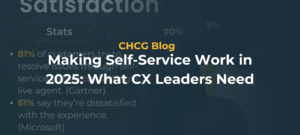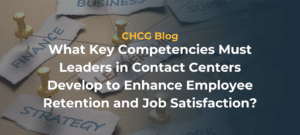Recently the subject of Emotional Intelligence (EQ) came into my experience. It’s quickly becoming my favorite subject as it applies to success, career and management. We all know that high IQs are highly coveted. Think Einstein and Hawkins, who each had IQs of 160 or higher. These men changed the way we view the world. Or Kim Ung-Yong, who has an IQ of 210 and spoke fluently at 6 months of age, wrote poetry at age four and was working for NASA by age ten.
Don’t despair if your IQ is ‘average’, which in the United States is currently 100. While Einstein and Hawkins above have been successful in their lives and contributed to betterment of the human race, IQ is not the only indicator of success. Emotional Intelligence is quickly becoming an underrated indicator of whether someone is likely to succeed.
Wikipedia defines Emotional Intelligence as ‘the capacity of individuals to recognize their own, and other people’s emotions, to discriminate between different feelings and label them appropriately, and to use emotional information to guide thinking and behavior.’
That’s a mouthful.
Think of Emotional Intelligence as the ability to self-regulate your emotions, to stay calm in a crisis, to be accountable for your emotions and not project them onto others. What does this look like?
Let’s say that Sue is a manager of sixty-five people. She often comes to work angry and upset. She is quick to react to the events around her, exploding over unexpected events, and lashing out at others. Conversely, her emotions can change to the positive rapidly and drastically based on what she is experiencing. Staff walk around on egg-shells, not knowing what will set Sue off. If differs from day to day depending on how Sue feels. If she is happy, she is more likely not to react adversely to events. But if she is upset, she tends to react swiftly and harshly to any unexpected event.
We all know a Sue. Sue would be defined as having a low EQ because she does not regulate her emotions or understand how her emotions impact others. She has a victim mentality and her behavior is dependent on how she feels.
A person with a high EQ can regulate her emotions. That means whether she is relaxed or upset, she has the ability to adjust her emotions internally. So she won’t explode on another person who happens to walk into her office after an argument with her husband. She has control and grace. She is self-actualizing and thinks of others and how she relates to them. In effect, she is a great teacher and developer of others, she thinks of how she can be of service without worrying if she is worthy or will get credit. She extends herself out to others without attachment.
With these qualities it’s no wonder some of the most successful people in the world have a high EQ. Some of the benefits of high Emotional Intelligence:
- Stronger relationships
- Reduce anxiety and stress
- Flexibility
- Self-awareness
- Peace and Happiness
If you are wondering why you are not successful, why you struggle with relationships or why you never get promoted then you might want to focus on increasing your Emotional Intelligence. The qualities of a strong leader are the same qualities listed in a high EQ person. These leaders are charismatic, empathetic and thought-provoking individuals. They are visionaries who easily adapt to their environment.
These can be applied to every area of your life to enhance your life experiences. Think broader in terms of your well-being, of moving freely through life and creating goodwill. In other words, increase your Emotional Intelligence and all areas of your life will improve.
Laureen Peltier helps companies uncover their human potential through innovative leadership approaches. As a keynote speaker, a healthcare consultant and meaningful workforce expert, Laureen has improved employee retention, developed leaders and designed mental healthcare programs that are patient-centric. She has been speaking on mental health for over 10 years and is passionate about being an instrument of change to both organizations and individuals. As a call center expert, she relies on over 20 years of experience to guide her clients through the ever-changing customer experience trends.





